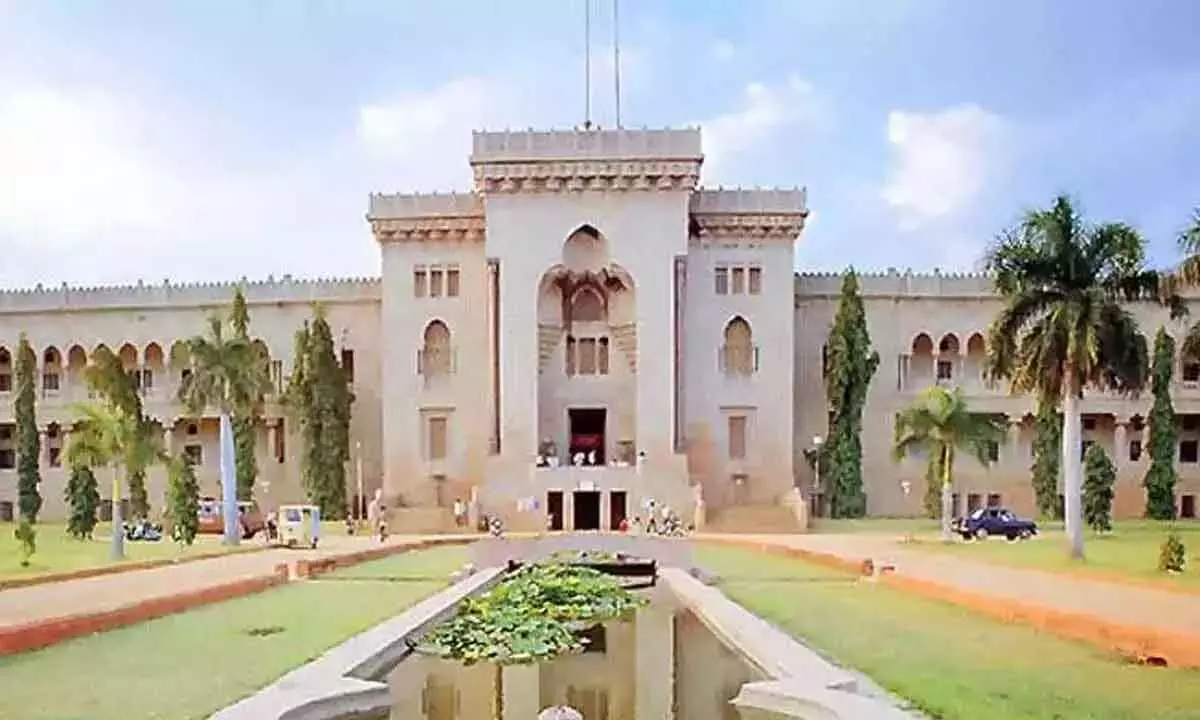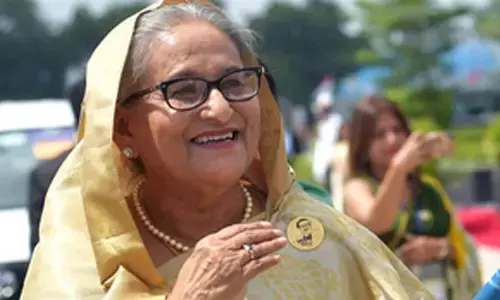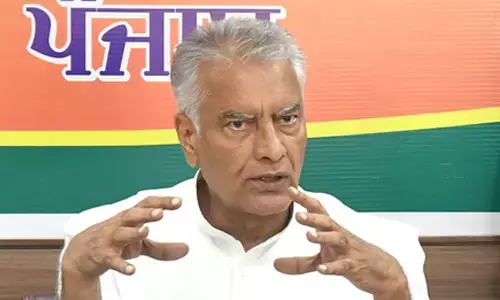Hyderabad: Tug-of-war over regularisation of Osmania university faculty

Osmania University
- Restless varsity contract faculty steps up ante
- UCTJAC-TS claims no legal problems with regularisation
- State govt had regularised degree & junior college contract faculty
- Questions raised over govt’s policy consistency on faculty appointments and regularisation
Hyderabad: Has the State government hit a roadblock and grid-locked itself on the regularisation of contract faculty?
The issue has come to the fore following the University Contact Teachers-Joint Action Committee Telangana State (UCT-JAC-TS) stepping up its ante against the government.
The government had regularised the contract faculty working in government junior colleges and degree colleges in the State. The appointments of degree college lecturers are also governed by the University Grants Commission's regulations. Also, a precedent of similar regularisation of contract and ad-hoc lecturers took place in Osmania University. Elsewhere, in States like Himachal Pradesh and Haryana, the respective governments had regularised the services of lecturers working on a contract basis, argues the JAC.
Thus, "nothing prevents the State government from regularising their services, either legally or in regulatory compliance with UGC," JAC leaders pointed out.
Against this backdrop, the government's silence over the issue creates restlessness among the contract faculty, who allege that the government is adopting a discriminatory policy towards them vis-a-vis their counterparts teaching in degree colleges.
When asked whether the student's interest should govern and be of paramount either in the appointment or regularisation of the faculty, Dr Ch Parandamulu said "yes".
Against the backdrop of rapid changes taking place in various subject areas and integration across inter-disciplinary and multi-disciplinary knowledge domains, will the faculty teaching different subjects and research carried out, particularly in social science and humanities, in old-fashioned ways be in a position to handle and deliver to students meeting to make contemporary changes and standards?
Dr Prandhamulu said there is a regular updating of the syllabus every four-five years. The faculty keeps updating themselves to deliver beyond the syllabus. However, teaching and integration of social sciences, humanities and sciences and offering cross-disciplinary courses are taking place in IITs, Central Universities and National Institute of Technologies (NITs) and the like. Further, the development of such an ecosystem, like in developed countries, has to be nurtured right from the intermediate or +2 levels.
As the ball is in the State government's court, it is pertinent to ask whether the basis for the State government regularising the services of the contract lecturers at degree and junior college level was based on student’s interests or something else. Has the government which aims to make Hyderabad and Telangana a knowledge hub, any consistent policy either for appointments and regularisation of contract or temporary faculty services is a million dollar question?

















